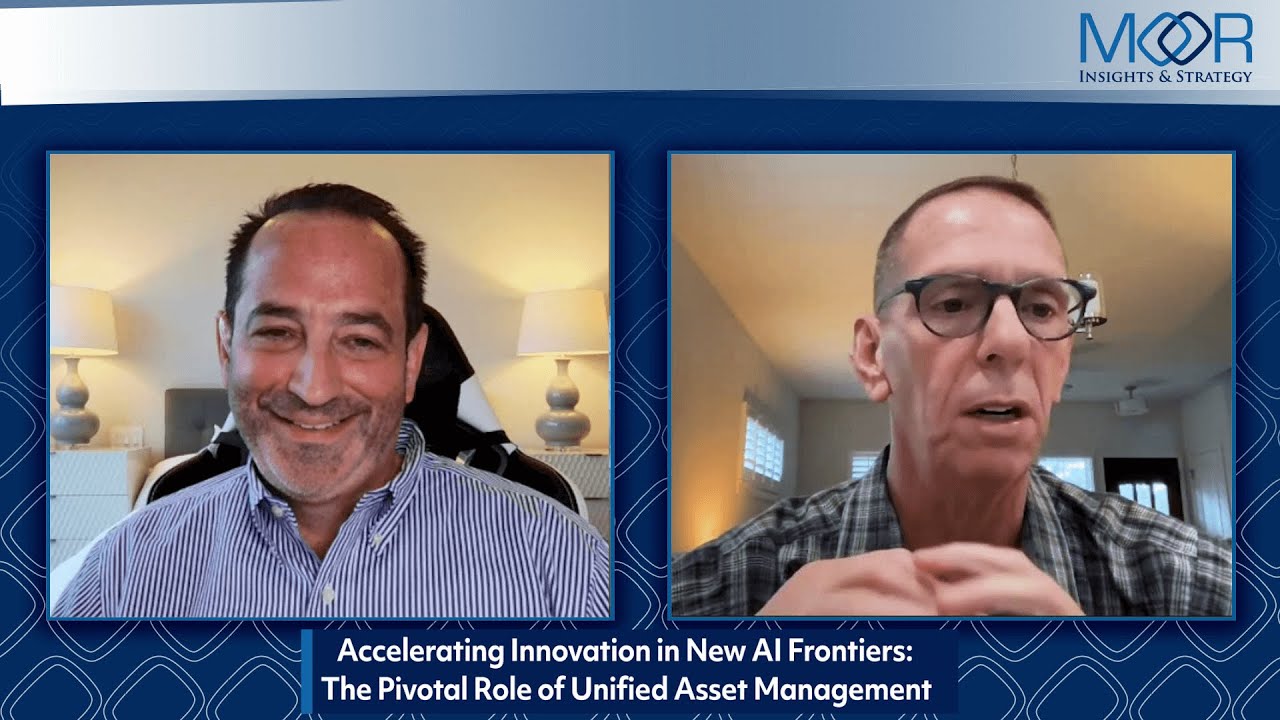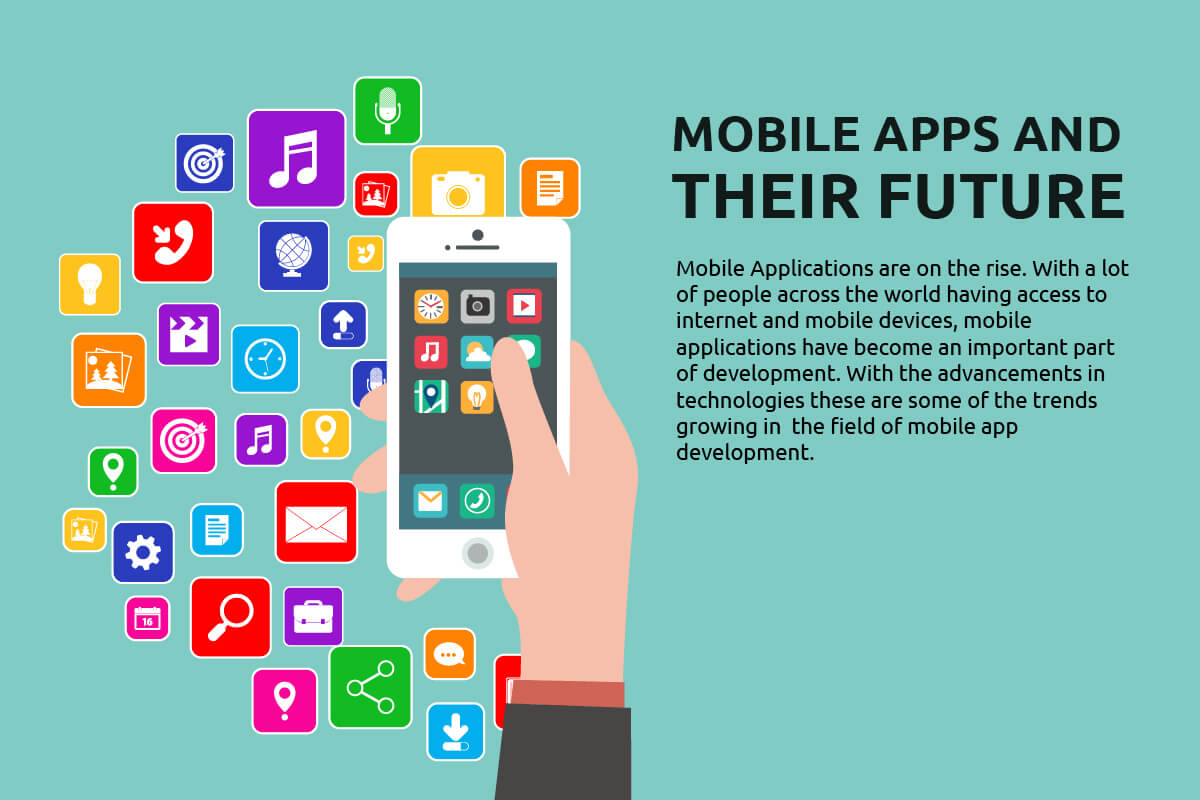
Oracle APEX Welcomes Generative AI: Revolutionizing Low-Code Development
Oracle’s latest update to its application development platform, APEX 24.1, brings exciting advancements through the introduction of the APEX AI Assistant. This generative AI tool allows developers to create applications with ease, utilizing natural language to generate SQL code and providing a seamless conversational interface.
The Rise of Generative AI in Application Development
In today’s rapidly evolving tech landscape, the combination of low-code platforms like Oracle APEX and generative AI is transforming the way applications are built. With the ability to generate SQL queries from natural language prompts, Oracle’s APEX AI Assistant empowers developers to focus on creativity rather than the complexities of coding.
Innovative Technologies in Application Development
According to Mike Hichwa, senior vice president of software development at Oracle, developers can now unlock the potential of their applications with a simple command. This integration reduces the reliance on manual coding, allowing for quick configuration of user interface components. Furthermore, it has the capability to explain existing SQL code, making it valuable to both novice and experienced developers alike.
Designing with AI Assistance
Beyond simply generating SQL code, the APEX AI Assistant can design an entire application blueprint based on natural language descriptions. By detailing the purpose of the application and desired features, developers receive tailored suggestions, including proposed pages and functionalities.
Hichwa mentions that the AI Assistant can also enhance security features and assist in making edits to current application pages. The flexibility built into this platform allows developers to choose from multiple large language models (LLMs), customizing their tool based on the specific needs of their projects.
The Competitive Landscape: Where Does APEX Stand?
Oracle APEX is entering a crowded arena of low-code platforms, competing with industry giants such as Mendix, Salesforce, and Microsoft. The differentiating factor lies in Oracle’s design philosophy, aiming to serve organizations wanting to integrate their applications closely with already established database infrastructures.
As Bradley Shimmin from Omdia notes, McKinsey forecasts that the enterprise low-code application sector will exceed $18 billion by 2026. This projection positions APEX favorably as a focused solution rather than a catch-all platform.
Entering the Age of Smart Application Development
As low-code solutions gain traction, the introduction of tools like Unify further enhances the application development process. Unify AI, a startup that routes requests to the most appropriate LLMs based on quality, speed, and cost parameters, has entered the market. Such tools promise to simplify the intricacies of managing multiple models — a process that has previously been time-consuming and often inequitable.
 Streamlining LLM Access for Developers
Streamlining LLM Access for Developers
Unify’s robust API allows developers to bypass the hard work of comparing various LLMs manually, ensuring that they can focus on creation rather than administration. As AI tools evolve, the need for innovations that enhance quality without sacrificing efficiency has never been more pertinent.
The Challenge of Hallucinations in Generative AI
While the excitement over new tools is palpable, it is also crucial to address the challenges associated with generative AI. Hallucinations, or the confident fabrications produced by these models, pose a significant risk for businesses. Despite advancements such as Retrieval Augmented Generation (RAG), many experts argue that hallucinations remain an unsolved problem.
Prominent voices within the industry express caution regarding claims that RAG can completely eliminate these inaccuracies. As stated by David Wadden from AI2, while RAG can indeed enhance the reliability of generative AI outputs, it is sometimes insufficient for complex reasoning tasks.
Future Prospects and Innovations
The convergence of technologies like generative AI, low-code development, and smart routing through APIs trailblazes a new frontier in application development. As these tools gain traction, they offer the promise of creating more intuitive, efficient, and user-oriented apps that cater not only to current market demands but also to future technological evolutions.
Oracle’s APEX and Unify set the stage for an era where the capabilities of application development are redefined, allowing organizations to harness the full power of their data while seamlessly navigating the complexities of tech advancements.
 Innovations Shaping Tomorrow’s Software
Innovations Shaping Tomorrow’s Software















